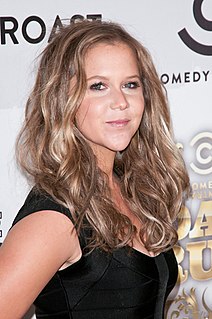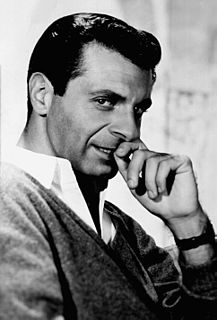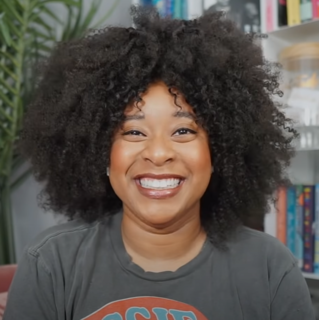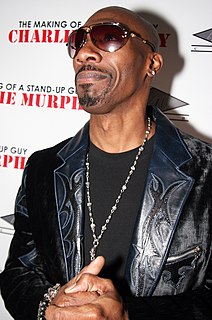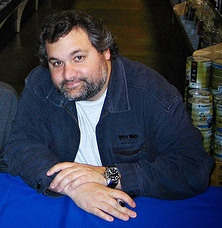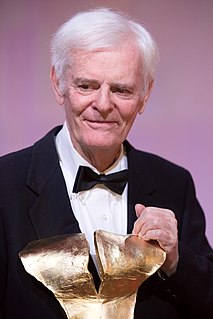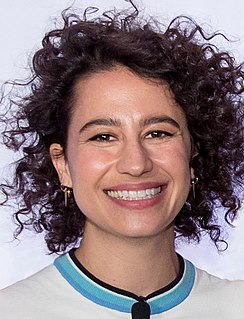A Quote by Chris Rock
I try to stay with it and I try to stay in contact with comedians and just keep comedians in my life 'cause comedians are their own species. If you get away from them, especially as a comedian, I think it's dangerous.
Related Quotes
A lot of times people will have after-parties or try and host an event for comedians, and they misunderstand us. They think it should be wild and crazy, or loud music, and comedians are typically pretty mellow people that just want to talk to each other. I think it would be highly unusual to find comedians who want to be at a loud, crowded party.
Some street jokes are just timeless. There's an old street joke about comedians. The joke is that a beautiful girl comes up to a comedian at the end of the night and says, "I saw your show tonight, and I just loved it. I want to go home with you, and I'll do anything you want." And the comedian says, "Were you at the 7 or the 9?" That's just a perfect joke, because it points out how egomaniacal and obsessive comedians are. Even though I'm not waiting for a groupie, I can completely understand it. It just defines how comedians are driven.
You can't expect everyone to laugh or applaud you for doing edgy things. Sometimes you'll miss. But I think comedians are artists and there's a value in failure. It kind of works both ways between comedians and audiences. The audience has to understand that comedians are going to sometimes tell a joke that doesn't work out with dark subjects, and the comedian has to understand that sometimes they 'll fail and it's not the audience's fault for not getting it or loving it.
You have comedians who just do jokes, and they're called comics, not comedians. You have comedians that do bits - a person that has a lot of jokes that have a beginning, a middle and an end, but it's not a real story. And you have someone that does great stories, the one that blends those things together - that person is doing comedy.




